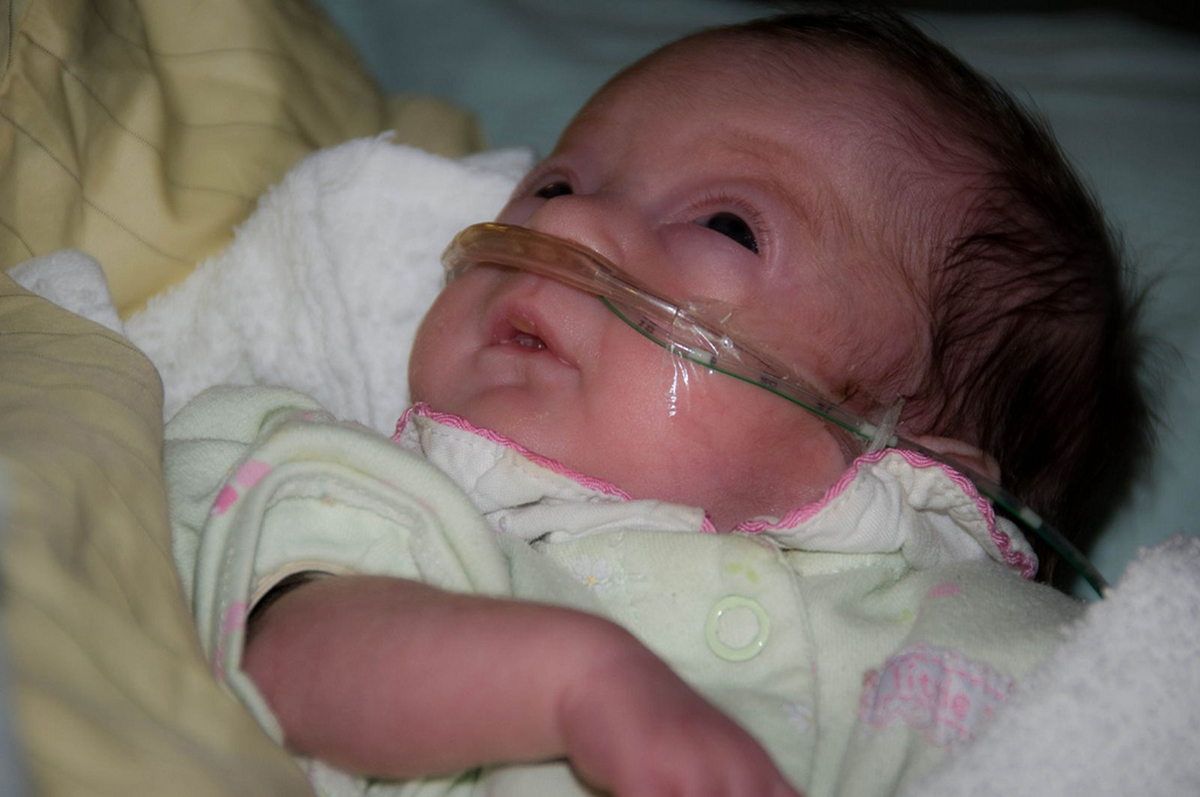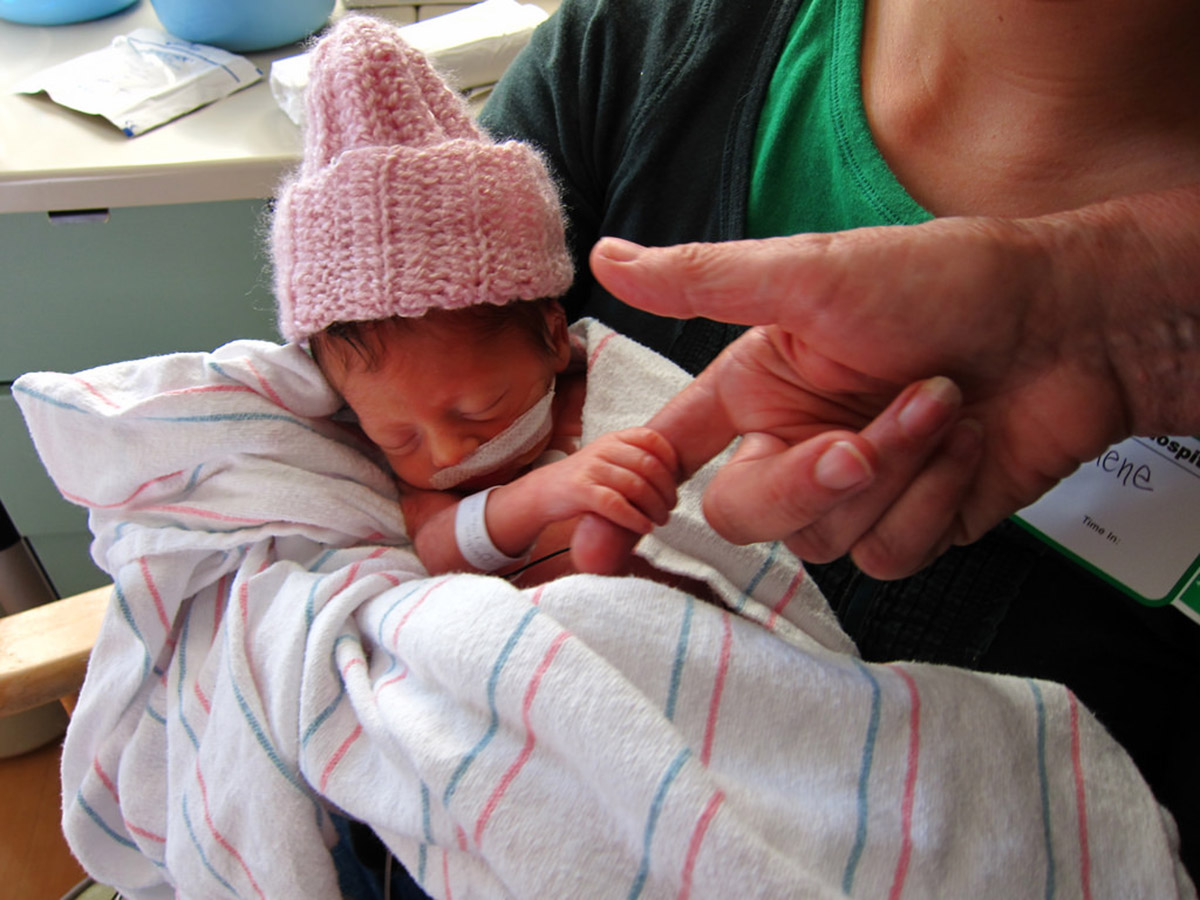Showing attention and interest in other people plays a absolutely fundamental role in the social cognitive development of children even during the very earliest stages of life — in infancy, and even in newborns. Infants who are born prematurely, though, display a different pattern of showing attention to other people.
These babies, born much too soon, are more at risk of developing autism spectrum disorder as they are exposed to tremendous amounts of stress levels in the early days following birth. Babies born before 26 weeks gestation may have a greater risk of ASD.
What do you need to know?
What are social communication skills?
Social communication skills are defined as the synergistic emergence of social cognition, social interaction, verbal and non-verbal pragmatics as well as expressive and receptive language. In plain language, that roughly means social understanding and interaction, including using and interpreting both body language and spoken language.
When there are situations which disrupt social communication skills, disorders such as autism, language impairment, intellectual disabilities, learning disabilities and attention deficit hyperactivity disorder (ADHD) can occur. Premature birth is far from the only possible cause of such conditions, and even genetic factors play a large role, but it may be one.

What research has been done on this phenomenon?
In a study that was conducted at Kyoto University in Japan, researchers simultaneously displayed videos showing geometric patterns and people to 6 and 12 month old babies and checking which videos the infants preferred. Their gaze, which was followed with an eye tracker, signified interest — meaning that the longer a baby spent looking at the individuals rather than objects on the video, the more interest there was in others.
In another task, the researchers checked how well the babies could follow the gaze of other people. In this exercise it was discovered that 6 month old full-term children followed the gazes of individuals in the video, whereas preterm babies showed difficulty in doing so.
The researchers did point out though that preterm babies do develop the ability to show interest in others and follow their eye movements between 6-12 months of age. The conclusion was that it does seem like the nervous system of preterm babies develop in a very different manner to that of full-term babies. When comparing the age of full term and preterm infants, it is important that their adjusted age is also taken into account.
What are developmental delays?
Developmental delays are usually suspected when the caregiver of a child notices that they don't reach their expected milestones or child development stages. These children are assessed by their primary care doctor and then referred to a pediatricians for further evaluation, investigation and management.
Developmental delays can be associated with numerous issues such as those related to physical health. They may include the following problems:
- Poor heart function in people with Down syndrome.
- Sensory issues such as poor hearing or vision.
- Epilepsy.
- Poor dental health.
- Obesity.
- Life expectancy is estimated to be 20 years below those without developmental issues.
READ Father's Age Seen As Crucial To Baby's Disease Risk Of Autism And Schizophrenia
Developmental delays can also be associated with certain mental health issues and there are factors which can be attributed to the increased incidence rate of dual diagnoses. They include the following:
- Traumatic events such as abuse, bullying, harassment or abandonment.
- Social restrictions such as poverty, lack of education and limited opportunities of employment.
- Issues such as brain injuries, alcohol or prescription drug misuse and epilepsy.
- Lack of understanding of social norms and behaviors.
- Inadequate access to health care providers.
Autism Spectrum Disorder And Preemies
Symptoms of ASD
Each child with ASD tends to have a unique pattern of behavior and severity of the condition. The severity of the condition may depend on certain aspects, such as how impaired social communication is as well as the repetitive and restrictive nature of the child's behavior.

Signs and symptoms of ASD can be divided into 2 groups. Namely, social communication and interaction and patterns of behavior.
Symptoms of autism related to social communication and interaction can include:
- The child doesn't respond to their name or seem like they don't hear people calling them.
- Poor eye contact.
- Lack of facial expression.
- Prefers to play by themselves and retreat into their own world.
- They resist cuddling and holding.
- The child may have delayed speech, doesn't want to talk or loses previously learned speech abilities.
- If they speak, it may be with an abnormal rhythm or tone.
- They might repeat words exactly as they were heard but they don't seem to understand how to use them.
- It seems as if they don't understand simple directions or questions.
- They don't express emotions or feelings and seem to be unaware of those of others.
- Inappropriate behaviour such as being aggressive, disruptive or even passive.
Patterns of behaviour
- Performing repetitive behaviours such as spinning or rocking, or harmful activities such as head-banging.
- They move constantly.
- They perform specific rituals or routines and then become very disturbed at the slightest change of these activities.
- They may be resistant to change or even uncooperative.
- There may be issues with movement patterns or coordination.
- They can be sensitive to touch and sound as well as light, but they may not be bothered by pain.
- They can become fixated on an activity or object with abnormal focus or intensity.
- Odd food preferences, such as eating only those with a certain texture, etc.
When to see a doctor
It's advisable to see a doctor to run developmental tests if the child misses the following milestones:
- Smiling or happy expression by 6 months.
- Mimicking sounds or facial expressions by 9 months.
- Babbling or cooing by 12 months.
- Performing gestures — such as pointing or waving — by 14 months.
- Saying single words by 16 months.
- Playing pretend or "make-believe" by 18 months.
- Speaking 2-word phrases by 24 months.
- The child loses their previously learned social or language skills at any age.
Risk factors for developing ASD
Although ASD affects children of all nationalities and races, there are certain factors which may increase the risk of developing this condition.
- Gender - boys are 4 times more likely than girls to develop ASD.
- Family history - in families where one child is diagnosed with ASD, there's an increased chance to have another child with the same problem.
- Associated medical conditions - children with certain medical conditions such as fragile X syndrome, Tourette syndrome, Rett syndrome or tuberous sclerosis are more likely to develop ASD.
- Age of parents - there is a suggestion that children born to older parents may develop ASD, but more research is needed to link this factor.
- Extreme preterm babies - this has been covered in the article.
- www.medicalbrief.co.za/archives/prem-infants-may-show-less-interest-in-others/
- www.asha.org/Practice-Portal/Clinical-Topics/Social-Communication-Disorders-in-School-Age-Children/
- www.mayoclinic.org/diseases-conditions/autism-spectrum-disorder/basics/definition/con-20021148
- Photo courtesy of valeriebb: www.flickr.com/photos/valeriebb/3807602778/
- Photo courtesy of yarhargoat: www.flickr.com/photos/yarhargoat/4354264425/
- Photo courtesy of yarhargoat: www.flickr.com/photos/yarhargoat/4354264425/


Your thoughts on this